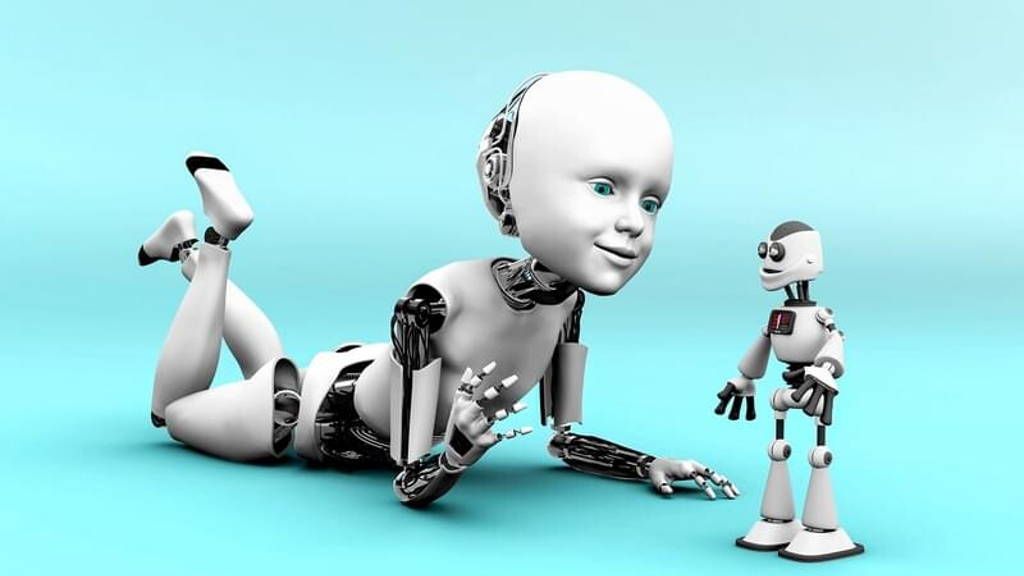Speaking at a recent conference in Manchester, Hunt painted a view of the NHS in 2028: “We may well not be going to doctors for a diagnosis, we might be going to computers instead.” Soon enough, the reaction from the healthcare sector came. Both GPs and experts have said Hunt’s embrace of virtual diagnoses betrays patients’ desire for “human interaction”, which machines will likely find difficult to replicate, the HuffingtonPost wrote.
NHS GP and British Medical Association council member, Dr David Wrigley, told the Huffington Post UK: “I think my patients value the human interaction and subtle issues can be picked up by a doctor in a face to face consultation. Computers cannot do this but they do have a role for providing reliable information to patients but I would have significant concerns at the present time if computers were allowed to make a diagnosis - and I presume decide on a treatment thereafter.”
Apps won’t replace human interaction
Junior doctor and campaigner, Dr Ben White, doesn’t think NHS patients will ever want apps to replace the human interaction of health professionals. “But some can certainly benefit from the right health improvements. Technology is not a panacea: it could help, but it could also increase the strain on health services. We should be mindful of this.”
The bottom line, White says, is that Hunt has to stop using every opportunity to dodge real investment in the NHS. “Stop ushering in venture capital, start proper taxpayers’ public health investment. Whether it is nursing salaries or new apps, he must have the courage to have the hard conversations with the Treasury.”
Modern medicine human partnership
Also, says professor John Williams (who directs the Health Informatics Unit at the Royal College of Physicians), practices such as blood sampling and other procedures still require a human touch. “Modern medicine is a very human partnership between patients and doctors, working together for the best outcome for the patient as a whole.”
Robots might be useful in potentially automated processes such as the dispensing of medicines, the taking of blood and other simple procedures, but it would be difficult for robots to replicate the “collaborative and empathetic relationship, particularly for patients with complex medical conditions.”
More digital services
Hunt recently unveiled a new target in 2018 for the launch of digital services such as online appointments and organ donor registration. Day-to-day health administration should be available to patients via apps, including ordering repeat prescriptions, expressing end of life care options, and accessing NHS 111, Hunt says.
He added that doctors may in future have access to more medical information, potentially enabling the prevention of disease before symptoms even appear. “And when we do go to a doctor, he or she may will be comparing your medical record with our fully sequenced genome and giving us much more accurate predictive information.”






